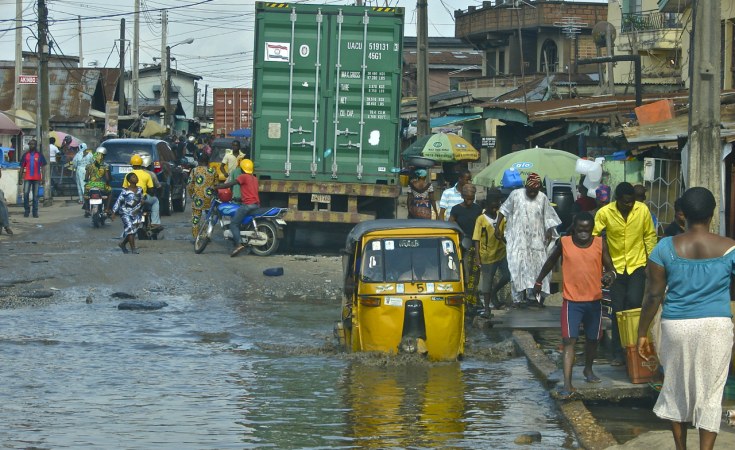Nigeria is experiencing its worst flooding in over a decade. Over 1.4 million people have been displaced, 500 have been reported dead and thousands have been injured.
Flooding isn't a new challenge in Nigeria - it's one of the country's most prevalent natural disasters. During the rainy seasons, from March to July and mid August to mid October in the south, and July to October in the north, major rivers often burst their banks. Dams burst too. This causes flooding in numerous Nigerian states, among them Delta, Kogi, Anambra, Bayelsa, Adamawa and Niger.
Various experts have written for The Conversation Africa on Nigeria's flooding challenge and steps needed to alleviate their worst effects.
Here we share three insightful reads.
Environment researcher Adaku Jane Echendu explains that - unlike some natural disasters - floods due to rainfall can be controlled with proper planning and infrastructure.
She reveals that the main drivers of Nigeria's include poor, or non-existent, drainage systems, poor waste management, unregulated urban expansion and the lax implementation of laws.
Floods can be particularly devastating in Nigeria's cities, causing the displacement of hundreds of thousands of people. In a study of Lagos and Port Harcourt, disaster risk reduction and resilience specialist Olasunkanmi Habeeb Okunola found that a variety of factors make cities vulnerable. These include institutional failures, inadequate infrastructure and a lack of disaster education.
Okunola outlines what cities must do to better cope with the risk of floods. Key to this is the need for government, non-governmental agencies, community-based organisations and residents to join forces and prepare for floods, reducing their impact.
Flooding may seem to be an inevitable reality for Nigeria. But, argues water management expert Nelson Odume, risks can be minimised in a variety of ways. The most significant of these is coordinated spatial planning. This involves bringing urban planners and environmental practitioners together to organise the distribution of people and activities in a space.
He outlines the steps Nigeria needs to take to deal with flooding. These include installing gauging stations, developing suitable models for hydrological predictions, and collecting data that will enable accurate flood forecasting.
Moina Spooner, Assistant Editor
Wale Fatade, Commissioning Editor: Nigeria


